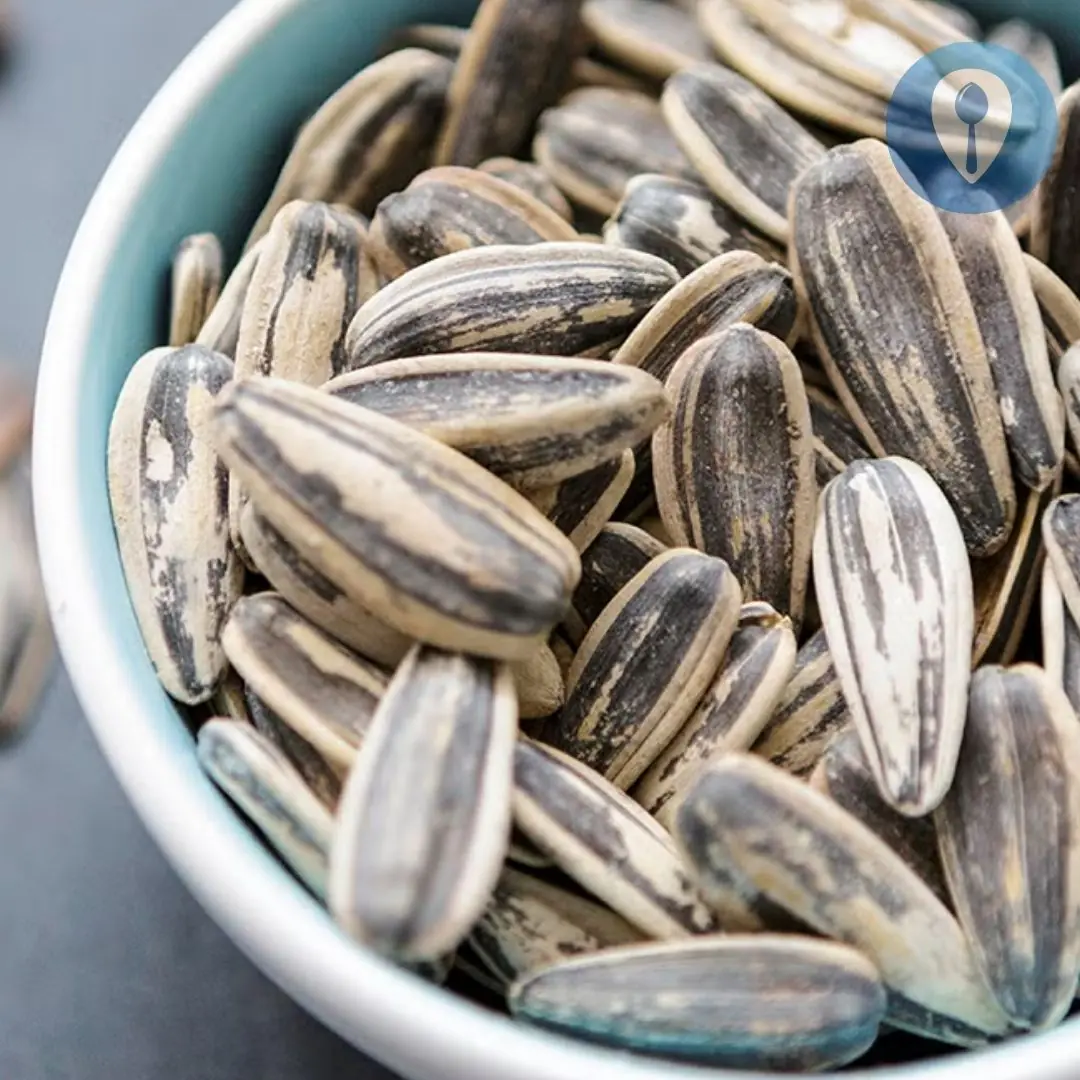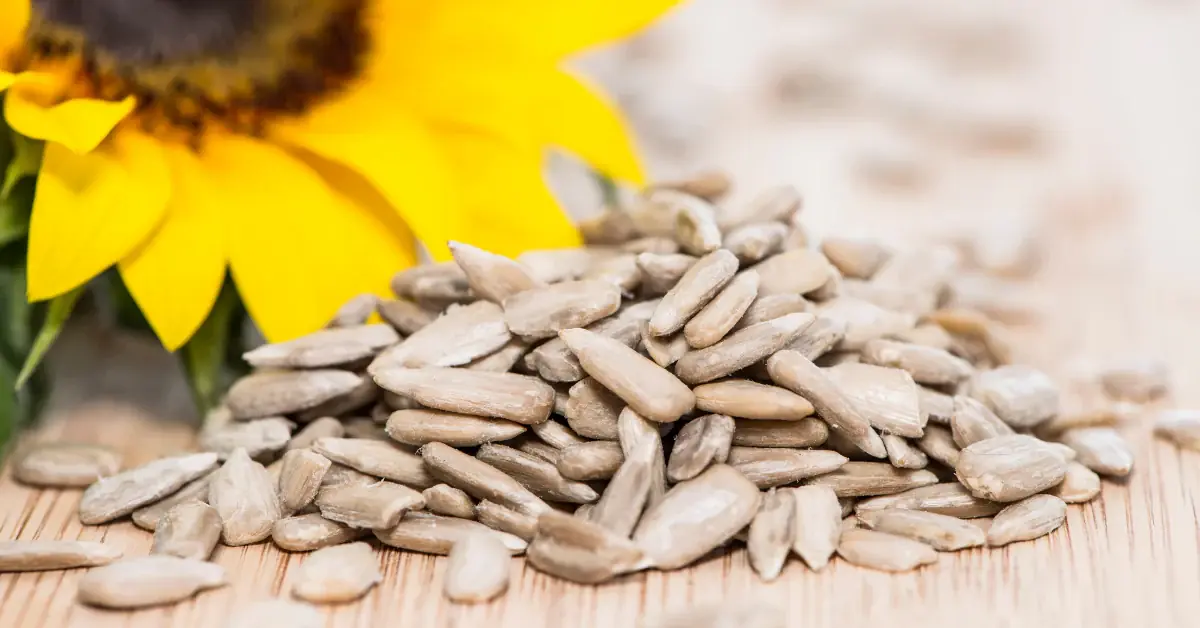
Don’t Eat Sunflower Seeds Until You Know These 11 Facts
Sunflower seeds are a popular snack loved by many for their crunchy texture and nutty flavor. But before you reach for that handful, there are important facts you should know. These little seeds pack a punch of nutrients, but they also come with certain considerations. Here are 11 facts you must know before eating sunflower seeds to make an informed and healthy choice.
1. Sunflower Seeds Are Nutrient-Dense
Sunflower seeds are rich in healthy fats, protein, fiber, vitamins (like vitamin E and B-complex), and minerals such as magnesium, selenium, and zinc. They offer numerous health benefits when consumed in moderation.
2. They Can Be High in Calories
Though nutritious, sunflower seeds are calorie-dense. Eating too many can lead to excessive calorie intake, which might contribute to weight gain if not balanced with physical activity.
3. Salt Content Can Be Very High
Many commercial sunflower seeds are heavily salted, which increases sodium intake and can contribute to high blood pressure and heart issues if consumed in excess.
4. Shells May Pose a Risk
Eating sunflower seeds with shells can cause digestive problems, including choking hazards or irritation to the digestive tract. It’s safer to eat hulled seeds, especially for children.
5. May Cause Allergic Reactions
Though rare, some people can be allergic to sunflower seeds. Symptoms may include itching, swelling, or more severe reactions like anaphylaxis.
6. They Contain Anti-Nutrients
Sunflower seeds have compounds like phytic acid which can interfere with the absorption of certain minerals like iron and zinc. Eating them in moderation and soaking or roasting can reduce these effects.
7. Good for Heart Health
Rich in vitamin E and healthy fats, sunflower seeds may help reduce inflammation and lower bad cholesterol (LDL), supporting cardiovascular health.
8. Potential Risk of Mold Contamination

Poorly stored sunflower seeds can develop mold and mycotoxins, which are harmful to health. Always buy from reputable sources and store seeds in cool, dry places.
9. May Affect Blood Sugar Levels
Sunflower seeds have a low glycemic index and can help stabilize blood sugar. However, flavored or coated seeds with added sugar can negatively impact blood glucose control.
10. Supports Bone Health
With a good amount of magnesium and calcium, sunflower seeds help maintain strong bones and reduce the risk of osteoporosis.
11. Can Cause Digestive Issues if Overconsumed
Due to their high fiber content, eating too many sunflower seeds can cause bloating, constipation, or stomach cramps. Moderation is key.
News in the same category


Many people don't realize just how nutritious this vegetable is

Pouring hot water down the kitchen sink may seem helpful, but it actually poses two major risks many people don’t know about

Doctors Warn: This Common Way of Eating Boiled Eggs Can Clog Your Arteries

Housewives should pay close attention to these common supermarket items

Have you ever wondered why people pour hot water into the drain?

Is Your Phone Overheating and Draining Battery Too Fast? Here’s How to Fix It and Restore Performance

Doctors Speak Frankly: Four Types of People Should Avoid Onions

Why Some People in Their Early 40s Start to Develop an ‘Old-Age Smell’ — And It Has Nothing to Do With Hygiene

Japan’s hidden laundry technique: dries thick garments fast with 100% success

There’s always a reason: Why dogs bark at or chase people?

Why you should never pour household wastewater into the toilet?

If Your Parent Shows These 3 Signs, They May Be Nearing the End of Life. Prepare Yourself for What’s to Come

Can you eat leftover rice safely? Here’s what nutrition experts say

Warning signs: Persistent itching and small bumps on your skin may signal a hidden problem

For those who are in the habit of poking the leg out of the bed sheet when sleeping

Health Warning: 4 Types of Electric Kettles You Should Stop Using Immediately

This type of "poiso,nous sandal" can cause early puberty in children, but many parents still buy it for their children to wear!

With this leaf in hand, you don't have to worry about diarrhea or health problems will improve

Don’t Drink Water Immediately After Waking Up: Doctors Reveal 5 Important Things to Do First
News Post

Strawberry Pistachio Frozen Yogurt

Wives’ bre.ast can.cer risk linked to husbands’ unhealthy habits

8 Subtle Symptoms of Ovarian Cancer That Could Save Your Life

An 86-Year-Old Doctor Who Survived Two Can.cers Shares 3 Simple “Anti-Cancer Remedies” Anyone Can Afford

7 Serious Warning Signs of Sto.mach Can.cer in Its Later Stages

5 Early Clues of Thyroid Can.cer You Shouldn’t Ignore

A “Can.cer-Free” Village and a Cheap Root Vegetable: Viral Story Sparks Curiosity—and Questions

A 35-year-old man’s sore throat progressed to can.cer after five chemotherapy rounds. Doctors warn: ditch these two items from your fridge

Five kinds of vegetables may harbor hidden worms. Eating them raw is like swallowing the parasites directly

He drank lemon water daily for two years to reduce his blo.od pressure—and the results surprised everyone.

Doctor’s warning after a 65-year-old’s de.ath: Don’t drink these four types of water at night, even if you’re thirsty.

Creamy Chicken Salad Stuffed Croissants

If you notice any of these 3 urine changes, it’s time to seek medical help—fast.

Can.cer Had Metastasized to Her Liver, Yet a 49-Year-Old Woman Lived Healthily for 8 Years Thanks to One Habit She Never Abandoned

Have you ever wondered why putting garlic at your bed's headboard is so popular?

A 9-Year-Old Girl Was Diagnosed With Cancer Early Thanks to a Habit Her Mother Never Skipped

Eating Three Foods Daily, a 38-Year-Old Man with Stage 4 Kid.ney Failure Sees an Unexpected Turnaround After 8 Months

DOCTORS WARN: CAN.CER CAN START FROM A MOLE – SPREADS EXTREMELY FAST

Don’t Throw Away Expired Fresh Milk — Keep It for These 4 Amazing Uses

